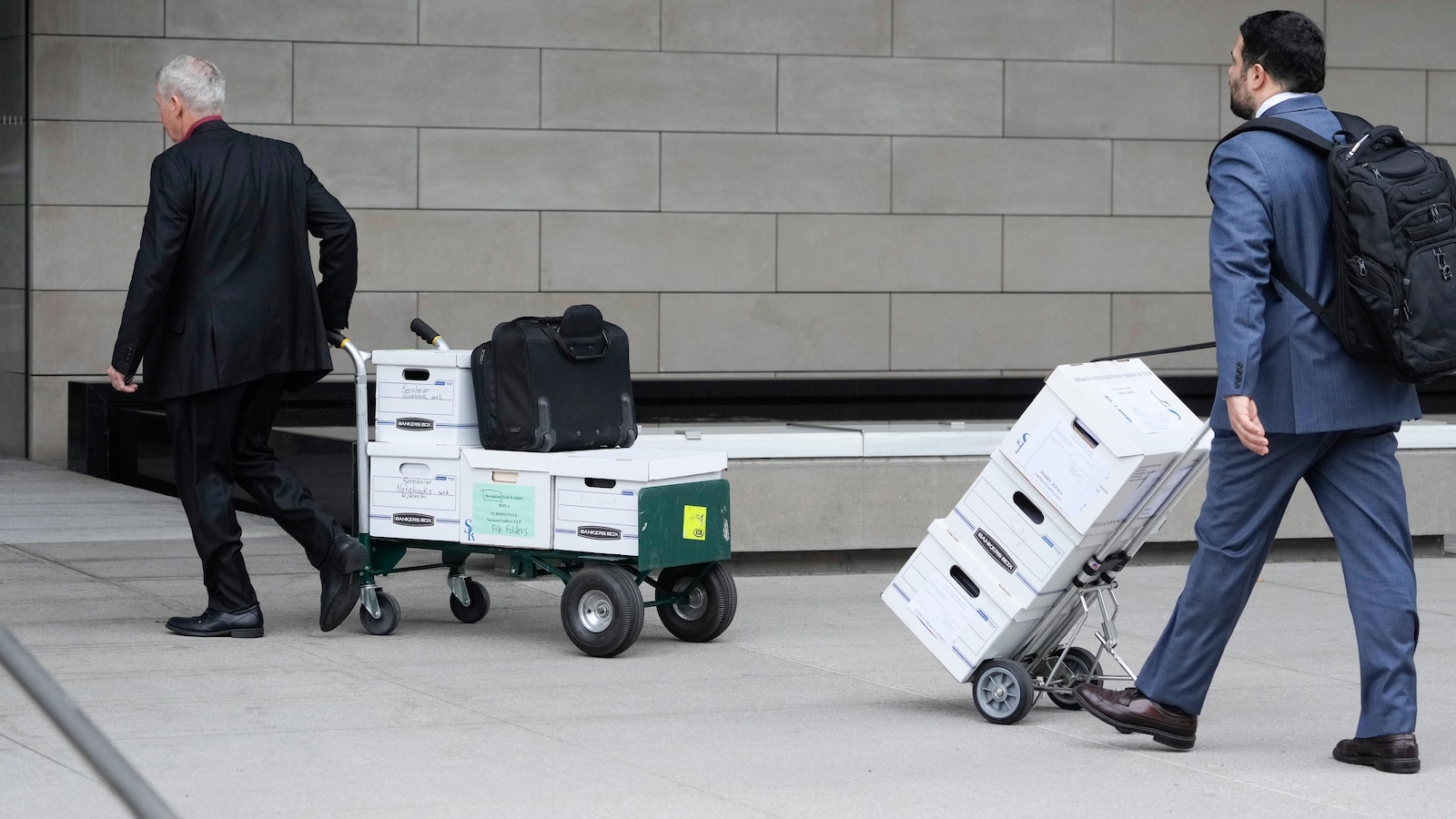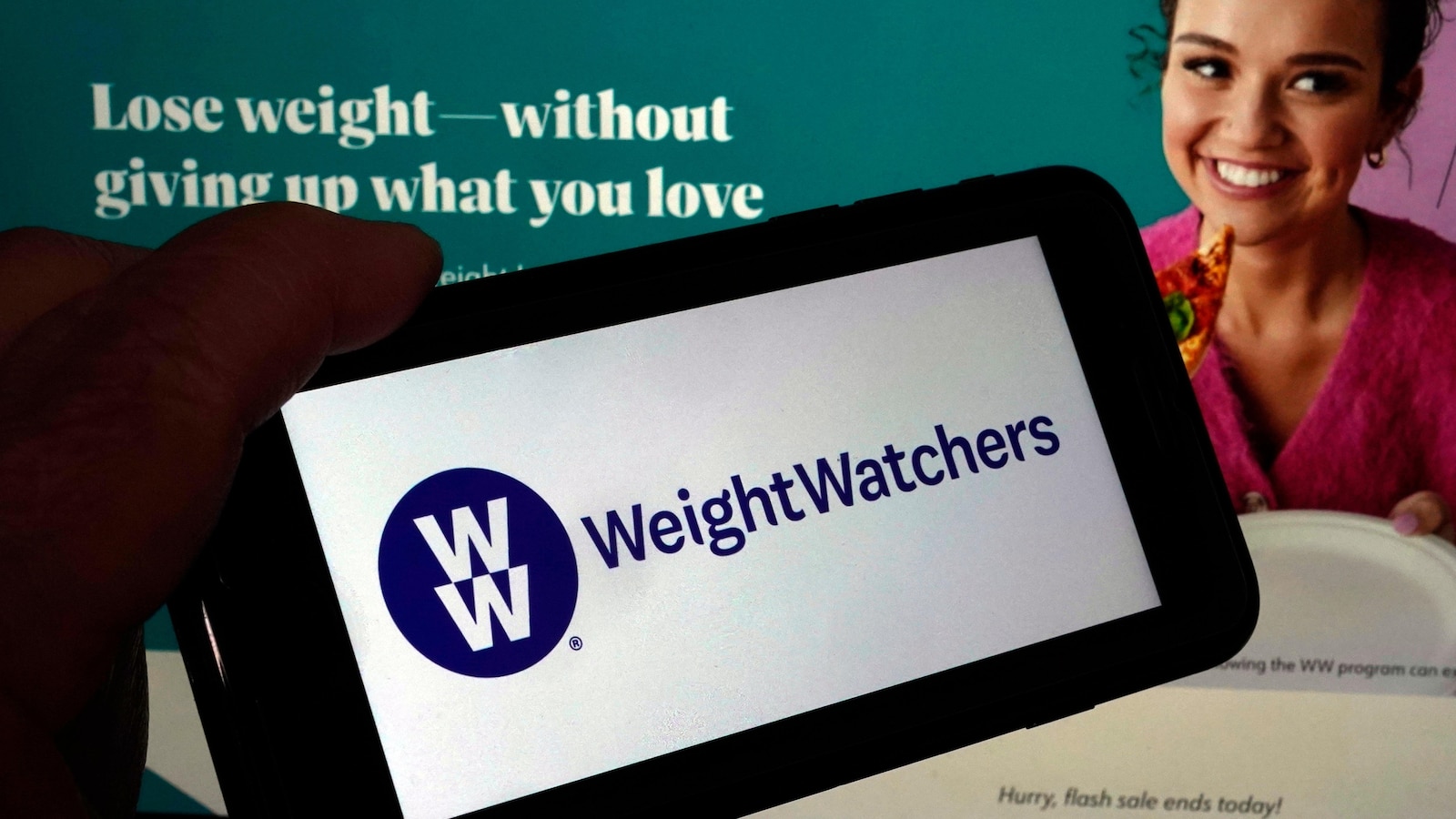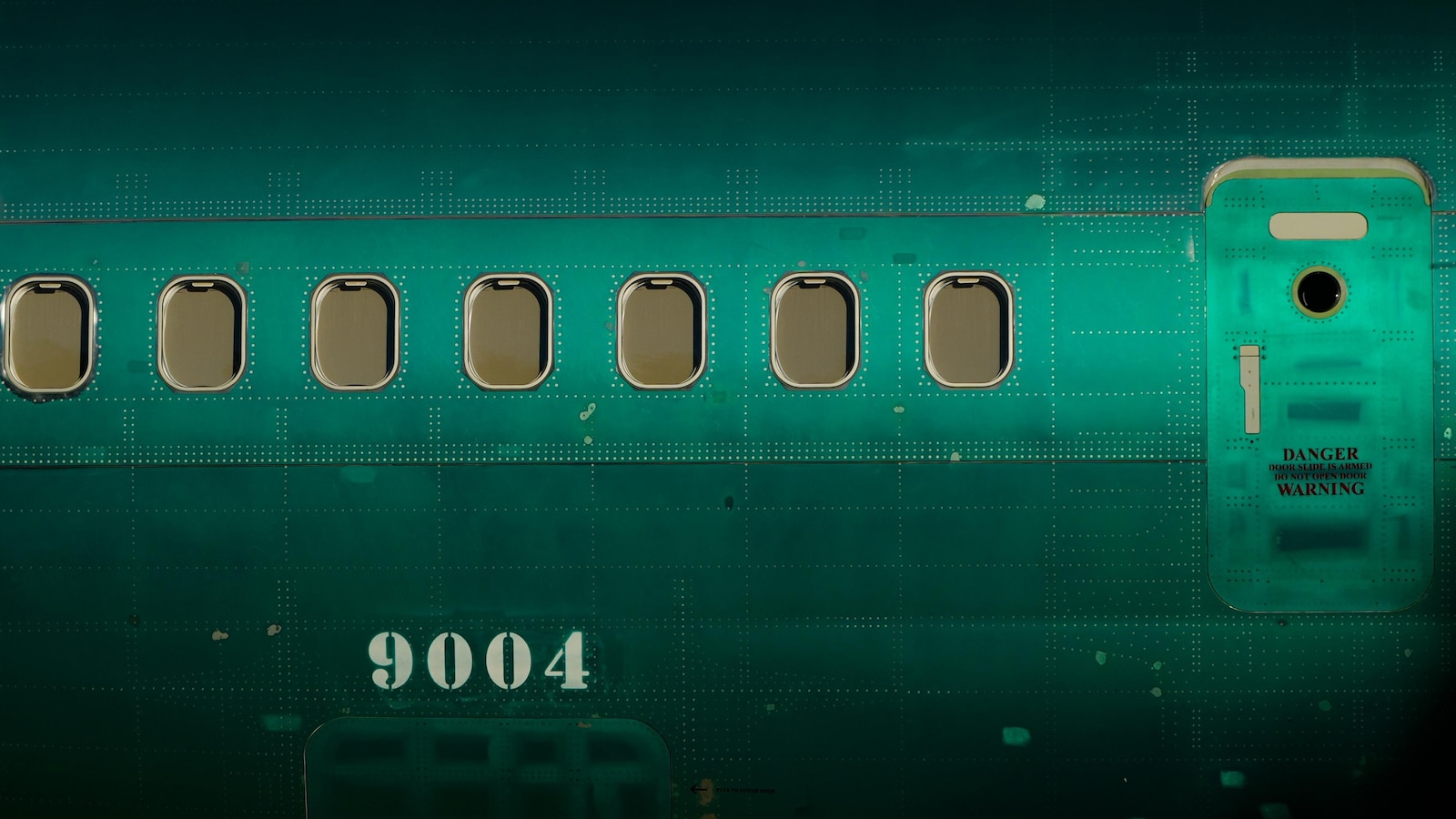
LOS ANGELES — The jury in the class-action lawsuit filed by “Sunday Ticket” subscribers against the NFL is expected to begin deliberations on Wednesday after both sides wrapped up their cases on Monday.
U.S. District Judge Philip Gutierrez will have a conference with attorneys for both sides Tuesday morning to determine final jury instructions. Gutierrez could also hear a motion from the NFL on Tuesday afternoon to grant judgment as a matter of law to the league because the plaintiffs did not provide enough evidence.
Gutierrez will then give final instructions to the jury of five men and three women Wednesday morning before final arguments begin. Each side will get 1 hour, 10 minutes to make their statements with the plaintiffs getting an additional 20 minutes for rebuttal.
The NFL’s final witness was Stanford economics professor B. Douglas Bernheim, whose testimony began last Thursday and wrapped up Monday morning.
Bernheim reiterated the league’s position that selling out-of-market Sunday afternoon games on Fox and CBS to DirecTV from 1994 to 2022 and now Google YouTube TV benefits the fan and creates level competition on the playing field.
Harvard professor Einer Elhauge, a rebuttal witness for the plaintiffs, contended there were no links between the restraints the league put in to make “Sunday Ticket” a premium package and creating competitive balance.
Elhauge also testified that the approximately $62.5 million each team gets per year from “Sunday Ticket” would not cause massive ramifications to the league’s salary cap or a team’s operating budget.
Dallas Cowboys owner Jerry Jones testified last week that if he was able to sell his out-of-market rights, he would not be in favor of a salary cap.
The class action, which covers 2.4 million residential subscribers and 48,000 businesses who paid for the package of out-of-market games from the 2011 through 2022 seasons, claims the league broke antitrust laws by selling its package of Sunday games aired on CBS and Fox at an inflated price. The subscribers also say the league restricted competition by offering “Sunday Ticket” only on a satellite provider.
The NFL maintains it has the right to sell “Sunday Ticket” under its antitrust exemption for broadcasting. The plaintiffs say that only covers over-the-air broadcasts and not pay TV.
If the NFL is found liable, a jury could award $7 billion in damages, but that number could balloon to $21 billion because antitrust cases can triple damages.
The lawsuit was originally filed in 2015 by the Mucky Duck sports bar in San Francisco, but was dismissed in 2017. Two years later, the 9th Circuit Court of Appeals, which has jurisdiction over California and eight other states, reinstated the case. Gutierrez ruled last year the case could proceed as a class action.
Whatever the decision ends up being, the losing side is expected to appeal to the 9th Circuit and then possibly the Supreme Court.
___
AP NFL: https://apnews.com/hub/nfl
After weeks of testimony and arguments, the jury in the NFL ‘Sunday Ticket’ trial is set to begin deliberations on Wednesday. The case, which pits the NFL against DirecTV and its parent company AT&T, centers around the exclusive rights to broadcast out-of-market NFL games through the popular ‘Sunday Ticket’ package.
The trial has been closely watched by sports fans and industry insiders alike, as the outcome could have far-reaching implications for the future of sports broadcasting. At stake is not only the lucrative ‘Sunday Ticket’ deal, which is estimated to be worth billions of dollars, but also the broader landscape of how sports content is distributed and consumed in the digital age.
The crux of the case lies in whether the NFL’s exclusive deal with DirecTV violates antitrust laws by limiting competition and consumer choice. The plaintiffs, a group of fans who filed the lawsuit in 2015, argue that the league’s arrangement with DirecTV effectively shuts out other potential distributors from offering ‘Sunday Ticket’ to consumers.
On the other side, the NFL and DirecTV contend that their agreement is legal and benefits fans by providing access to every out-of-market game in one convenient package. They also argue that opening up ‘Sunday Ticket’ to other distributors could lead to higher prices for consumers and a less reliable viewing experience.
As the jury prepares to weigh the evidence and arguments presented during the trial, experts predict that the decision could have significant implications for both the NFL and the broader media industry. If the jury rules in favor of the plaintiffs, it could force the league to reevaluate its approach to distributing games and potentially open up new opportunities for other companies to enter the market.
Regardless of the outcome, one thing is clear: the NFL ‘Sunday Ticket’ trial has brought to light important questions about competition, consumer choice, and the future of sports broadcasting. As fans eagerly await the jury’s decision, all eyes will be on Wednesday’s deliberations to see how this high-stakes legal battle ultimately plays out.


